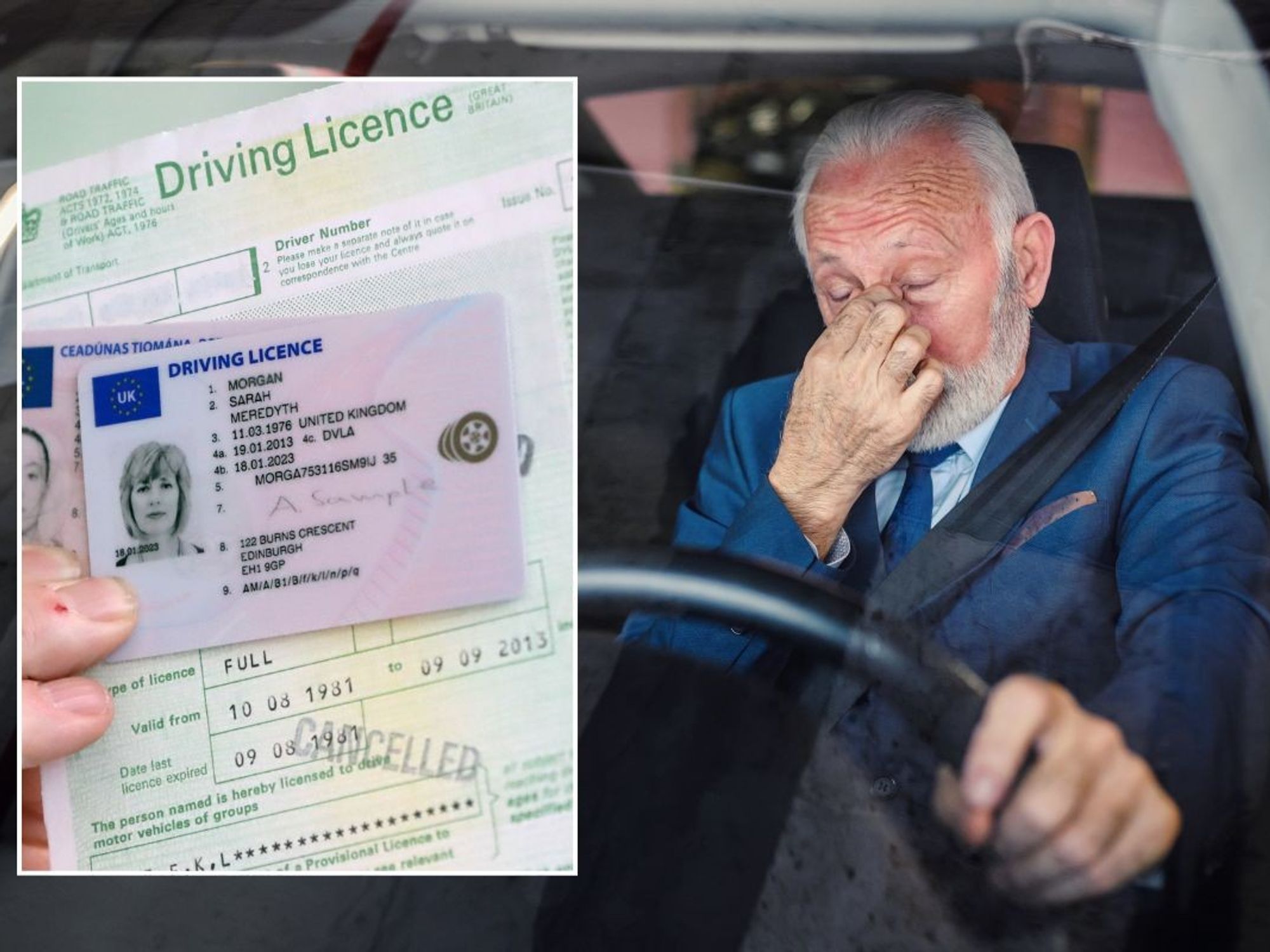Forget the tax free lump sum - Reeves has little known pension plot which is far more tempting
Reeves could be considering a significant reduction to tax-free pension withdrawals
Getty
The Chancellor is expected to target pensions and inheritances in the upcoming October Budget
Don't Miss
Most Read
Trending on GB News
The Labour Government’s continued warnings about the state of the country’s finances accompanied by Starmer’s acceptance that the October Budget will be “painful” has led to growing speculation that pensions could be hard hit.
The prime minister said people would have to “accept short-term pain for long term good” and that those with the “broadest shoulders should bear the heavier burden” come the Autumn announcement.
It came as Chancellor Rachel Reeves said Labour had inherited a “£22 billion black hole” in public finances from the previous Government.
It is understood that Reeves could be considering a significant reduction to tax-free pension withdrawals.

Keir Starmer has warned the upcoming Autumn Budget will be 'painful"
Getty
At the moment, most savers can take 25 per cent of their pension pot tax-free once they reach the age of 55, up to a maximum of £268,275.
Now, it has been reported that government officials have asked one of Britain’s top pension providers to assess the impact of cutting the tax-free lump sum to £100,000, a third of the current limit.
This could effectively raise around £2 billion in revenue at the Budget.
However, a lesser-known pension plot, which could be far more tempting to Reeves, is a £16 billion raid on private sector pension contributions.
The Chancellor could target tax relief on employer contributions which are exempt from National Insurance (NI), according to pensions consultancy Lane Clark & Peacock (LCP).
But employers may hit back at the move by reducing future pay rises for their workers or putting up prices.
Exempting employer pension contributions from NI currently costs the Treasury £23.8 billion a year, according to Government figures.
Commenting on the report, Bloomberg's John Stepek said: "Of the near-£50 billion that pensions-related tax relief is estimated to ‘cost’ the Government each year, almost half (just under £24billion) is down to foregone employer NI contributions.
"That’s a full 'black hole' plus a bit on top! No wonder Rachel Reeves might be eyeing it up."
However, he explained the actual revenue raised would likely be closer to £16 billion, as public sector pensions would need to be excluded from the changes.
Currently, the system allows employers to make pension contributions without incurring NI charges, which has led to widespread use of salary sacrifice arrangements.
Under salary sacrifice, employees accept a lower salary in exchange for higher employer pension contributions, reducing overall NI liabilities.
The potential change could affect both employers and employees, especially those benefiting from salary sacrifice arrangements.
Reducing tax-free pension withdrawals would be another attack on pensioners after Rachel Reeves’s winter fuel cut.
Earlier this year, the Labour Government announced that only pensioners on certain benefits, such as pension credit, will be able to receive the winter fuel payments from this winter.
A new analysis by a leading charity Age UK has estimated four in every five pensioners living below or just above the poverty line are set to lose the winter fuel payment, including 1.1 million disabled people.
LATEST FROM MEMBERSHIP:
New research estimates that 10.7 million pensioners will lose their fuel payment, and of those who will lose out, 23 per cent or 2.46 million people live in relative poverty or just above the poverty line.
Pensioners defined as living in poverty are those with a disposable household income that is less than 60 per cent of the median income for their area in the UK.
Those living just above the poverty line are categorised as having a disposable income between 60 per cent and 70 per cent of the median income.
Another option to target pensioners in the upcoming budget would be to introduce a pension death tax.
Balances held in a pension pot on death are typically excluded from an estate for inheritance tax (IHT) purposes where the person who died was under the age of 75, while other assets, such as ISAs, are included.
Commenting, Tim Camfield, Senior Consultant at LCP said: “Pension pots currently offer significant tax benefits upon death, generally being shielded from Inheritance Tax.
“While it can be argued that reform could encourage the use of pensions for income to the saver and their spouse rather than inheritance, any changes must be weighed carefully to avoid unintended consequences such as penalising unmarried partners.”








